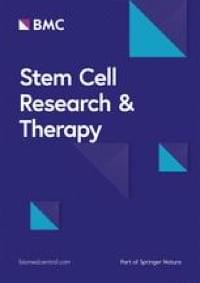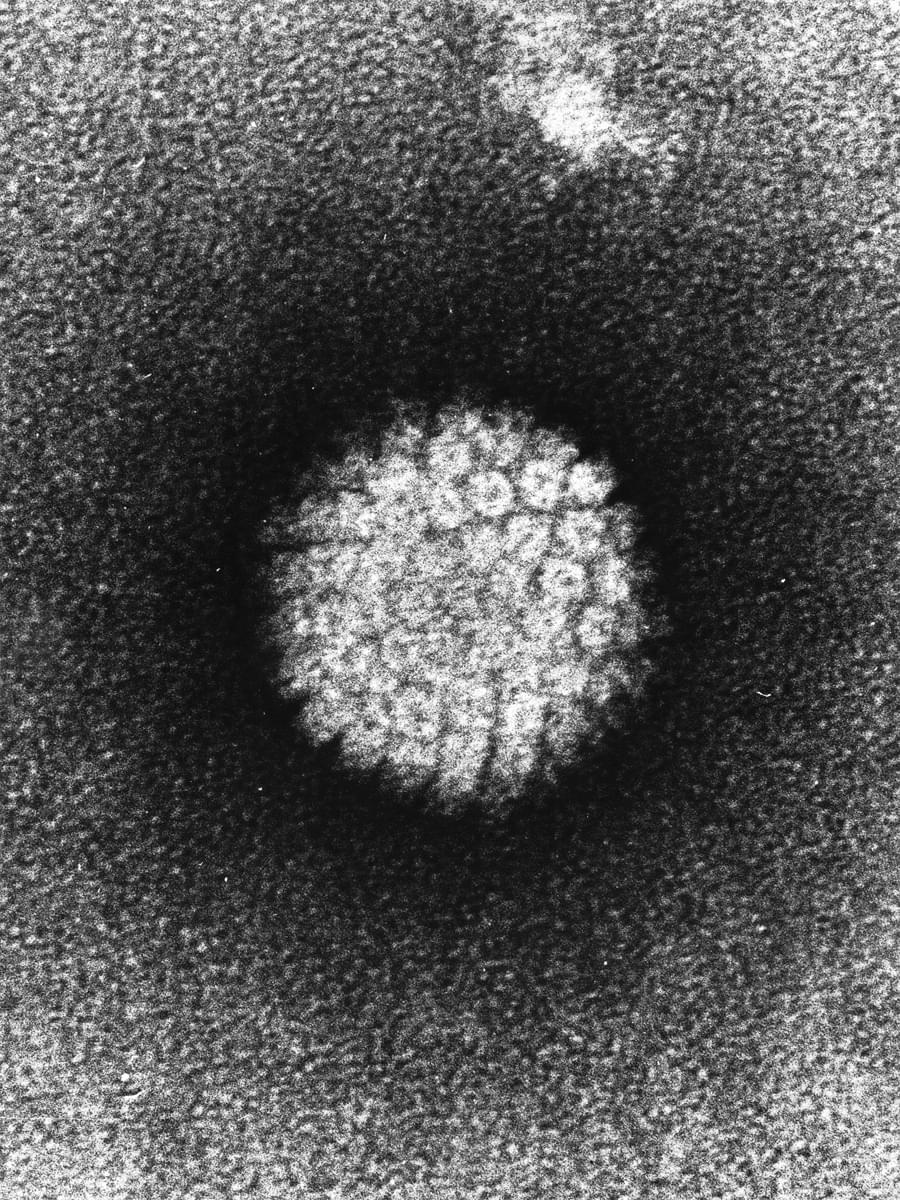If I’ve been reading the articles right, progeria may be cured soon. Really amazing.
Advances in gene editing have brought us ever closer to fixing some of the most devastating diseases of our time, such as progeria and sickle cell disease.
If I’ve been reading the articles right, progeria may be cured soon. Really amazing.
Advances in gene editing have brought us ever closer to fixing some of the most devastating diseases of our time, such as progeria and sickle cell disease.


Is it all down to a cup of joe then?
People who drink coffee regularly, with or without sugar, both seem to benefit from the beverage as it cuts down on the risk of early death, * The Guardian* reported.
Grabbing a cup of coffee may just be something you do almost unconsciously as you sit down with your morning newspaper or before you start your workday. As the day wears on, you might be down three cups or maybe even five without giving it a second thought. However, scientists have been very conscious of the world’s coffee consumption.
Estimates suggest that over 400 million cups of coffee are consumed every day) in the U.S. That’s literally more than a cup of coffee for every inhabitant of the country. Since not everybody consumes coffee every day, the numbers suggest that an average American coffee consumer drinks three cups of coffee a day.
## How does coffee affect your health?
The critical component of coffee, caffeine is a stimulant of the central nervous system. Every time you consume caffeine or a soft drink that is also pumped with caffeine, the chemical blocks the action of adenosine on the neuronal receptors and stops you from feeling drowsy.
While this helps you feel more active and energized, caffeine is an addictive drug and researchers have warned against excessive consumption of it. Strangely though, consumption of coffee has also been linked to positive outcomes such as limiting the growth of prostate cancers or warmer brews being packed with antioxidants.

Using a new gene therapy technique, researchers at the University of California San Diego reduced neuropathic pain resulting from spinal cord or other nerve injuries in mice — and with no detectable side effects.
The research is highly intriguing because it could lead to new treatment options for the untold numbers of patients who experience chronic pain, numbness or weak muscles as a result of spinal cord injuries.
Treating nerve damage or dysfunction, otherwise known as neuropathy, with drugs can often lead to side effects. These drugs also have to be administered continuously, and opioids — which are particularly effective painkillers — can often lead to addiction issues.

Background An attempt was made to reprogram peripheral blood cells into human induced pluripotent stem cell (hiPSCs) as a new cell source for cartilage repair. Methods We generated chondrogenic lineage from human peripheral blood via hiPSCs using an integration-free method. Peripheral blood cells were either obtained from a human blood bank or freshly collected from volunteers. After transforming peripheral blood cells into iPSCs, the newly derived iPSCs were further characterized through karyotype analysis, pluripotency gene expression and cell differentiation ability. iPSCs were differentiated through multiple steps, including embryoid body formation, hiPSC-mesenchymal stem cell (MSC)-like cell expansion, and chondrogenic induction for 21 days. Chondrocyte phenotype was then assessed by morphological, histological and biochemical analysis, as well as the chondrogenic expression.

An attempt was made to reprogram peripheral blood cells into human induced pluripotent stem cell (hiPSCs) as a new cell source for cartilage repair.
We generated chondrogenic lineage from human peripheral blood via hiPSCs using an integration-free method. Peripheral blood cells were either obtained from a human blood bank or freshly collected from volunteers. After transforming peripheral blood cells into iPSCs, the newly derived iPSCs were further characterized through karyotype analysis, pluripotency gene expression and cell differentiation ability. iPSCs were differentiated through multiple steps, including embryoid body formation, hiPSC-mesenchymal stem cell (MSC)-like cell expansion, and chondrogenic induction for 21 days. Chondrocyte phenotype was then assessed by morphological, histological and biochemical analysis, as well as the chondrogenic expression.
HiPSCs derived from peripheral blood cells were successfully generated, and were characterized by fluorescent immunostaining of pluripotent markers and teratoma formation in vivo. Flow cytometric analysis showed that MSC markers CD73 and CD105 were present in monolayer cultured hiPSC–MSC-like cells. Both alcian blue and toluidine blue staining of hiPSC–MSC-chondrogenic pellets showed as positive. Immunohistochemistry of collagen II and X staining of the pellets were also positive. The sulfated glycosaminoglycan content was significantly increased, and the expression levels of the chondrogenic markers COL2, COL10, COL9 and AGGRECAN were significantly higher in chondrogenic pellets than in undifferentiated cells. These results indicated that peripheral blood cells could be a potential source for differentiation into chondrogenic lineage in vitro via generation of mesenchymal progenitor cells.

A study of 1.3 million women in England has provided evidence to support the extension of cervical cancer screening intervals from three years to five years for those that have a negative screen result.
The study, published today in the British Medical Journal by researchers from King’s College London and funded by Cancer Research UK, provides reassurance to women and people with a cervix aged 24–49 years who test negative for the human papillomavirus (HPV), that screening at five-year intervals prevents as many cancers as screening at three-year intervals, even if they are not vaccinated against HPV.
The study confirms that women in this age group are much less likely to develop clinically relevant cervical lesions (high-grade cervical intraepithelial neoplasia, which are abnormal changes of the cells that line the cervix and are otherwise known as CIN3+) and cervical cancer, three years after a negative HPV screen compared to a negative smear test. This risk is more than halved.

It’s a hot topic, at least on social media: tiny plastic particles allegedly end up not only in oceans and lakes, but also in drinking water—and, yes, even in bottled mineral water. Eawag and the Zurich Water Works launched a joint project in 2019 to find out whether the tiniest of particles, measuring less than a thousandth of a millimeter across, actually find their way from lake water into drinking water pipes and therefore into homes, hospitals and restaurants.
The results are now in, and they include some reassuring findings. In a report published today in the Journal of Hazardous Materials, the researchers show that even if untreated water contained considerable quantities of nanoplastics, these particles were retained in sand filters very efficiently during water treatment. Both in laboratory tests and in a larger test facility located directly on the premises of the Zurich Water Works, the biologically active slow sand filter was the most effective at retaining nanoparticles—achieving an efficacy level in the region of 99.9%.
So far, there has only been limited research into how exactly nanoplastics are formed. “But it would appear that the degradation of larger plastic particles in the environment eventually results in nanoplastics,” says Ralf Kägi, Head of Eawag’s Particle Laboratory. However, even the process of identifying nanoplastic particles is anything but easy. For this, the team of researchers from Eawag, ETH Zurich, EPFL and the Politecnico di Torino used labeled nanoplastic particles, whose route through—or final location in—the water treatment process could be tracked using a mass spectrometer. This process is similar to that used in medicine, where cancer cells are specifically labeled in order to monitor their potential distribution in the human body.

Current organ preservation methods provide a narrow window (usually <12 hours) to assess, transport and implant donor grafts for human transplantation. Here we report the transplantation of a human liver discarded by all centers, which could be preserved for several days using ex situ normothermic machine perfusion. The transplanted liver exhibited normal function, with minimal reperfusion injury and the need for only a minimal immunosuppressive regimen. The patient rapidly recovered a normal quality of life without any signs of liver damage, such as rejection or injury to the bile ducts, according to a 1-year follow up. This inaugural clinical success opens new horizons in clinical research and promises an extended time window of up to 10 days for assessment of viability of donor organs as well as converting an urgent and highly demanding surgery into an elective procedure.
A human liver is transplanted successfully after preservation for 3 days via machine perfusion.
In response to a request from the province of British Columbia (BC), from January 31, 2023 to January 31, 2026, adults (18 and over) in BC will not be subject to criminal charges for the possession of up to 2.5 grams of certain illegal drugs for personal use.
The federal Minister of Mental Health and Addictions and Associate Minister of Health granted the province of British Columbia (BC)’s request for a subsection 56 exemption under the Controlled Drugs and Substances Act for adults (18 years of age and older) in the province to possess small amounts of certain illegal drugs for personal use. BC has referred to this as “decriminalization of personal possession of illegal drugs”.
What this means is that from January 31, 2023 to January 31, 2026, adults (18 and over) in BC will not be subject to criminal charges for the possession of a cumulative total of up to 2.5 grams of certain illegal drugs for personal use. Instead, all individuals found in possession of substances listed in the exemption of up to 2.5 grams for personal use will, at minimum, be provided with information on available local health and social services. They can also be provided with assistance to connect with those services if requested. The exemption only covers possession for personal use by adults (18 and over) in BC with no intent to traffic, produce or export.
British Columbia has been greatly impacted by overdose deaths and related harms, and declared the overdose crisis a public health emergency in 2016. As part of the province’s comprehensive public health response, BC requested a subsection 56 exemption under the Controlled Drugs and Substances Act (CDSA) so that adults in the province will not be subject to criminal charges for personal possession of small amounts of certain illegal drugs.